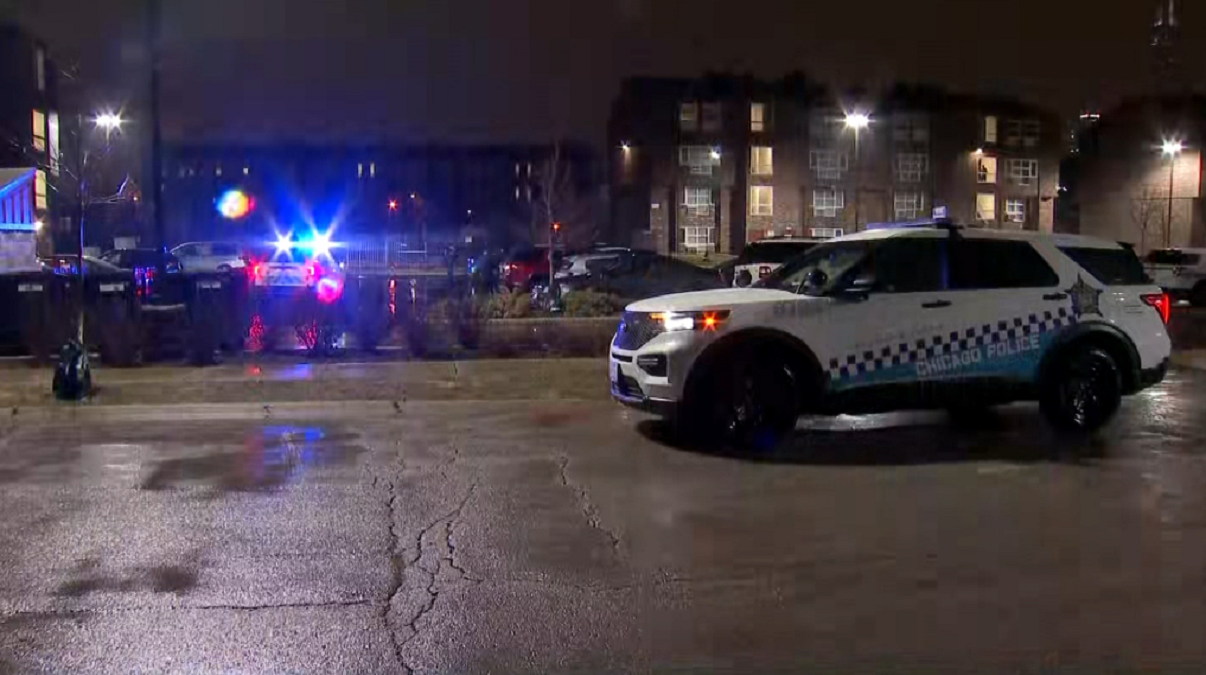How effective is a municipal ban on assault weapons, like the one in place in north suburban Highland Park for nearly a decade before the deadly parade shooting on July 4?
Highland Park passed an assault weapons ban in June 2013, after Illinois lawmakers passed the Firearm Concealed Carry Act. Attorney Steve Elrod wrote Highland Park's ordinance at the time and said it came about because the legislature, after much discussion, decided against including a statewide assault weapons ban within the concealed carry law.
"I think it was unfortunate, at the time, that the state did not enact a statewide ban," Elrod said. He explained that the state engaged in what he called "a rather unusual compromise" with those opposed to a ban by instead allowing home rule municipalities to adopt their own measures within 10 days of the law's effective date, as well as grandfathering in jurisdictions that had already prohibited assault weapons like Cook County and the city of Chicago.
Highland Park's ban says no person "shall manufacture, sell, offer or display for sale, give, lend, transfer ownership of, acquire or possess any assault weapon or large capacity magazine," defining an assault weapon as a semiautomatic rifle that has the capacity to accept a magazine with more than 10 rounds. That ban did face a legal challenge and made it all the way to the U.S. Supreme Court, which declined to hear the case in December 2015, leaving the ordinance in place.
The shooting suspect submitted a Firearm Owners Identification application in December 2019, sponsored by his father as he was 19 years old at the time, according to Illinois State Police. ISP said Thursday that the suspect used on his FOID application an address in Highwood - which also has an assault weapons ban in place, according to Elrod.
The suspect's FOID application was approved in January 2020 and he subsequently legally purchased five firearms, including the high-powered rifle authorities say was used in the July 4 shooting, as well as another rifle police say he took to Wisconsin following the shooting. Both of those weapons are prohibited under Highland Park's ban.
Neither ban in Highland Park nor Highwood prevents a FOID card holder residing in those municipalities from purchasing an assault weapon in other jurisdictions and keeping it at locations like a gun club or storage in a municipality that does not have such a ban in place, according to Elrod.
Local
"The ability to obtain assault weapons and use them is so prevalent that one community adopting it does not have the impact that those would like," he said.
On enforcement mechanisms, Elrod noted that the Lake County State's Attorney does have the ability to add violations of the Highwood and Highland Park ordinances to the charges already filed against the shooting suspect.
Feeling out of the loop? We'll catch you up on the Chicago news you need to know. Sign up for the weekly> Chicago Catch-Up newsletter.
But he and an Illinois lawmaker who represents Highland Park both said Thursday that they believe it's time for the state to do more.
"A lot of people want to see the action, they want to see us take steps to make sure we're dealing with this," said state Rep. Bob Morgan, a Democrat who represents Illinois' 58th House District. Morgan was at the White House Monday for the signing of the Safer Communities Act on gun violence and said many of his constituents have been asking him to go beyond the city's measure and take it statewide.
"An assault weapon ban is certainly one of those things that's on the table. There's legislation that has been proposed, and we'll be working on that, high-capacity magazines, those are - that's another bill," Morgan said.



